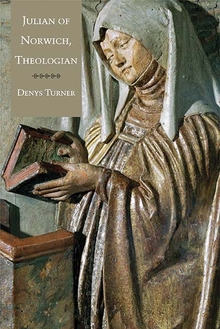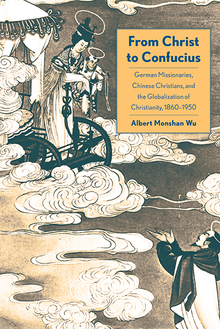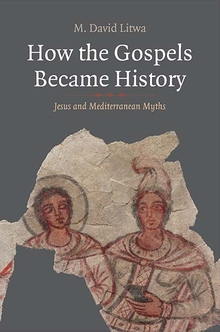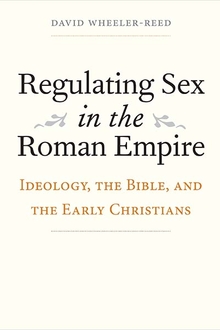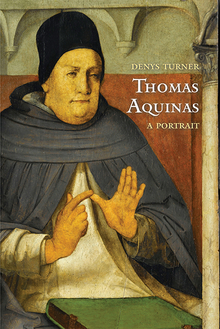Julian of Norwich, Theologian
WARNING
You are viewing an older version of the Yalebooks website. Please visit out new website with more updated information and a better user experience: https://www.yalebooks.com
Denys Turner
For centuries readers have comfortably accepted Julian of Norwich as simply a mystic. In this astute book, Denys Turner offers a new interpretation of Julian and the significance of her work. Turner argues that this fourteenth-century thinker's sophisticated approach to theological questions places her legitimately within the pantheon of other great medieval theologians, including Thomas Aquinas, Bernard of Clairvaux, and Bonaventure.
Julian wrote but one work in two versions, a Short Text recording the series of visions of Jesus Christ she experienced while suffering a near-fatal illness, and a much expanded Long Text exploring the theological meaning of the "showings" some twenty years later. Turner addresses the apparent conflict between the two sources of Julian's theology: on the one hand, her personal revelation of God's omnipotent love, and on the other, the Church's teachings on and her own witnessing of evil in the world that deserves punishment, even eternal punishment. Offering a fresh and elegant account of Julian's response to this conflict—one that reveals its nuances, systematic character, and originality—this book marks a new stage in the century-long rediscovery of one of the English language's greatest theological thinkers.
“I of course knew Dame Julian as a remarkable spiritual writer but I never thought of her as a theologian. But now Denys Turner has completely overturned this narrow conception of spiritual writing by demonstrating persuasively in this lucid and innovative study, that she belongs with the finest of the medieval theologians.”—Fr. Fergus Kerr OP FRSE Honorary Fellow in the School of Divinity, University of Edinburgh
“I of course knew Dame Julian as a remarkable spiritual writer but I never thought of her as a theologian. But now Denys Turner has completely overturned this narrow conception of spiritual writing by demonstrating persuasively in this lucid and innovative study, that she belongs with the finest of the medieval theologians.”—Fr. Fergus Kerr OP FRSE Honorary Fellow in the School of Divinity, University of Edinburgh
“An exhilarating read. Piercing, sensitive, lucid - an indispensible guide to Julian's Revelation of Love. Denys Turner distils his exceptional knowledge of medieval theology to provide a clear background for the student: he illuminates Julian through comparisons with Augustine, Aquinas, Bernard, and, strikingly, Dante, while also continuing her enquiry into the fundamental mysteries of the divine.”—Elisabeth Dutton, Professor of English, Worcester College, Oxford University
“… the single best investigation of the core issue in the theology of Julian of Norwich. No other work on Julian approaches this analysis in completeness or in subtlety of exposition…Anyone interested in Julian as a thinker will want to buy this book.”—Bernard McGinn, Professor Emeritus in the Divinity School, University of Chicago
“This book, the first attempt to consider Julian of Norwich's theology systematically by a leading theologian, marks a new stage in the century-long rediscovery of one of England's greatest theological thinkers and one of the English language's great prose stylists. Self-aware, lucidly written, and passionately argued, it will be of wide interest. An important achievement.”—Nicholas Watson, Professor of English, Harvard University
“Masterful . . . Great theology, well considered and well-told.”—Alex Joyner, Englewood Review of Books
“Masterful . . . Great theology, well considered and well-told.”—Alex Joyner, Englewood Review of Books
“…..a groundbreaking book about Julian the theologian….a bold and utterly compelling case that her works warrant a place in the higher echelons of rigorous, systematic theology…..Perhaps the greatest achievement of this book is that it will encourage us all to read or re-read Julian’s masterpiece.”—Jonathan Wright, Catholic Herald
Publication Date: June 28, 2013

